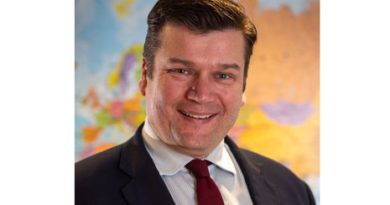Carol Monaghan – 2016 Parliamentary Question to the Department for Business, Innovation and Skills
The below Parliamentary question was asked by Carol Monaghan on 2016-06-15.
To ask the Secretary of State for Business, Innovation and Skills, what plans his Department has to help fill potential skills shortages in junior doctor and teaching positions resulting from the £35,000 income requirement for settlement of Tier 2 skilled workers over the next five years.
Nick Boles
Health Education England is the NHS body responsible for planning and commissioning training places for medical and non-medical NHS staff. Health Education England do not accept that the £35,000 income requirement will lead to a skills shortage in junior doctors and their current workforce plan for medical training commissions forecasts an increase of over 11,000 consultants and doctors by 2020.
Applicants that have been granted Tier 2 visas enabling them to take on work or training within the UK cannot apply for settlement (Indefinite Leave to Remain) until they have been resident for 5 years. Whilst it is recognised that basic starting salaries for junior doctors may be below the £35,000 threshold, junior doctors also receive salary allowances. By the end of the 5 year period most will have progressed sufficiently and are likely to be above the required threshold, ensuring that only the brightest and best may apply to settle.
In respect of teaching positions, secondary education teachers from non EEA countries in the subjects of maths, chemistry and physics are on the shortage occupation list and thus are exempt from the £35,000 threshold.
At a national level we are retaining and recruiting the teachers we need to deliver educational excellence everywhere. We have more teachers in our schools than ever before and the number of teachers has kept pace with changing numbers of pupils. There are more than 450,000 teachers in schools throughout England – up more than 13,000 since 2010. We recognise, however, that the strengthening economy and growth in pupil numbers make the situation more challenging and that this is more acute in certain subjects and particular schools or areas of the country.
That is why; we have expanded schemes like Teach First and let schools take the lead in training the next generation of teachers; we are investing over £1.3 billion up to 2020 to attract new teachers into the profession and we continue to offer generous bursaries of up to £30,000 tax free in priority subjects.
Last year we announced a £67 million investment in STEM teaching in England to recruit up to 2,500 additional maths and physics teachers over the next 5 years as well as providing subject knowledge training in maths and physics to 15,000 non-specialist serving teachers.


